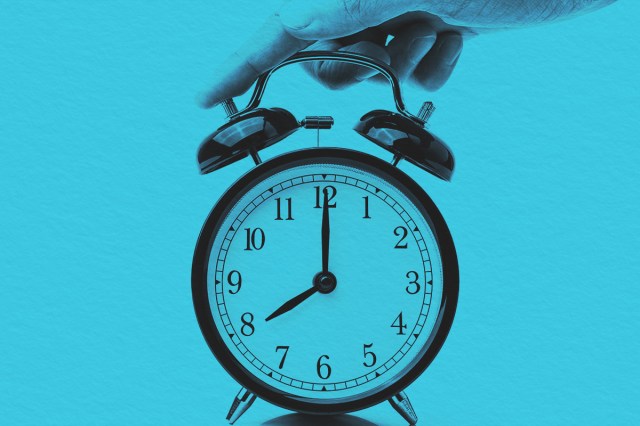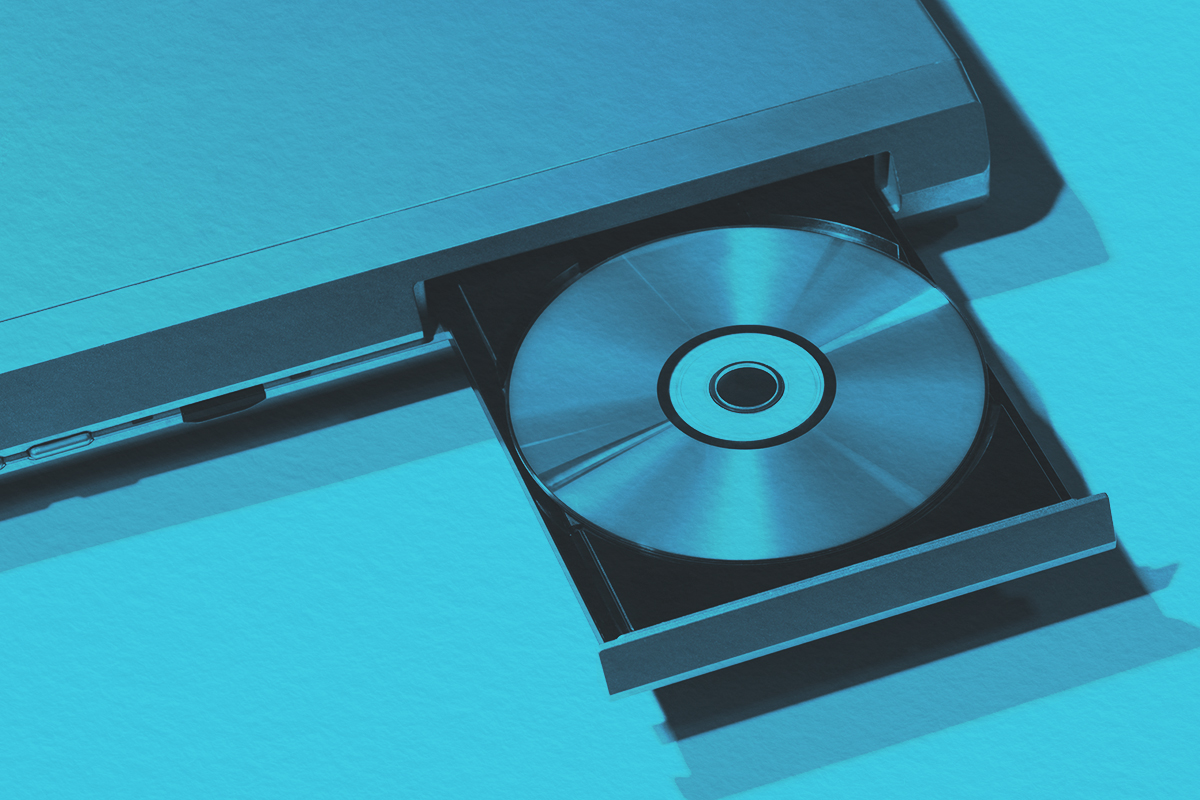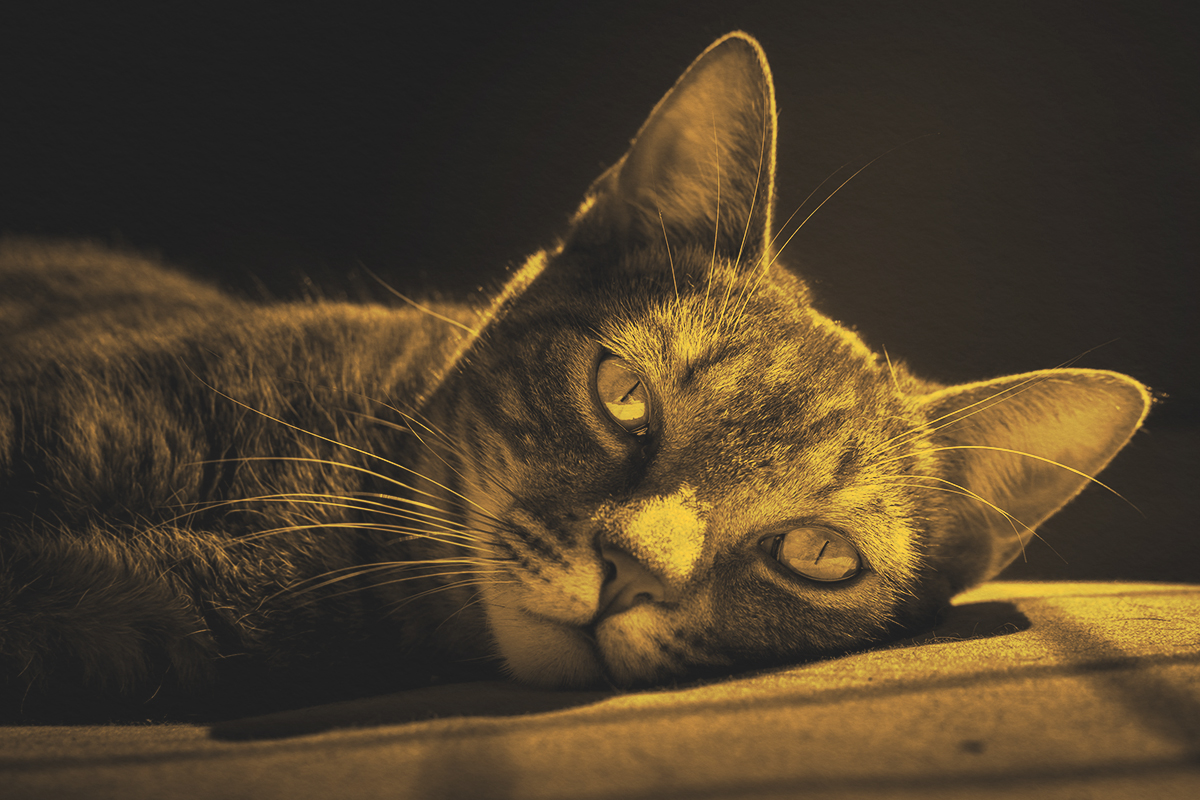
“O’Clock” sounds like the surname of an Irish family whose quirk is being punctual. (Actually, that’s not a bad idea for an animated children’s TV series.) But back to the topic at hand — if someone says something is “happening at 5 o’clock,” it’s understood that it’s either at sunrise or happy hour. The term “o’clock” is an adverb that always follows a numeral to indicate the time of day. It’s almost exclusively a whole number, as you’d never say, “it’s one-thirty o’clock” — that just sounds odd.
“O’clock” is a shortening of the phrase “of the clock,” which itself comes from the Middle English “of the clokke.” Mechanical clocks, with faces and automatic hand movements, originated in the late 14th century in Europe. These clocks replaced traditional light-based timekeeping methods (sundials) that had been used for centuries. When someone said “of the clokke,” it referred to the position of the mechanical hands on the clock’s face. As modern English evolved, the term shortened to “o’clock” around 1720. While many modern timekeeping devices lack a traditional clock face, it’s still standard to say “o’clock” as if you were imagining one.
The word “clock” didn’t exist prior to the 14th century. Instead, timekeeping devices were called daegmael — the Old English word for sundials and other similar devices. As new mechanical timekeeping devices were invented, the term “clock” was coined. Many early clocks had a chime or gong to mark certain times, and “clock” developed from the French word cloche, meaning “bell.”

















